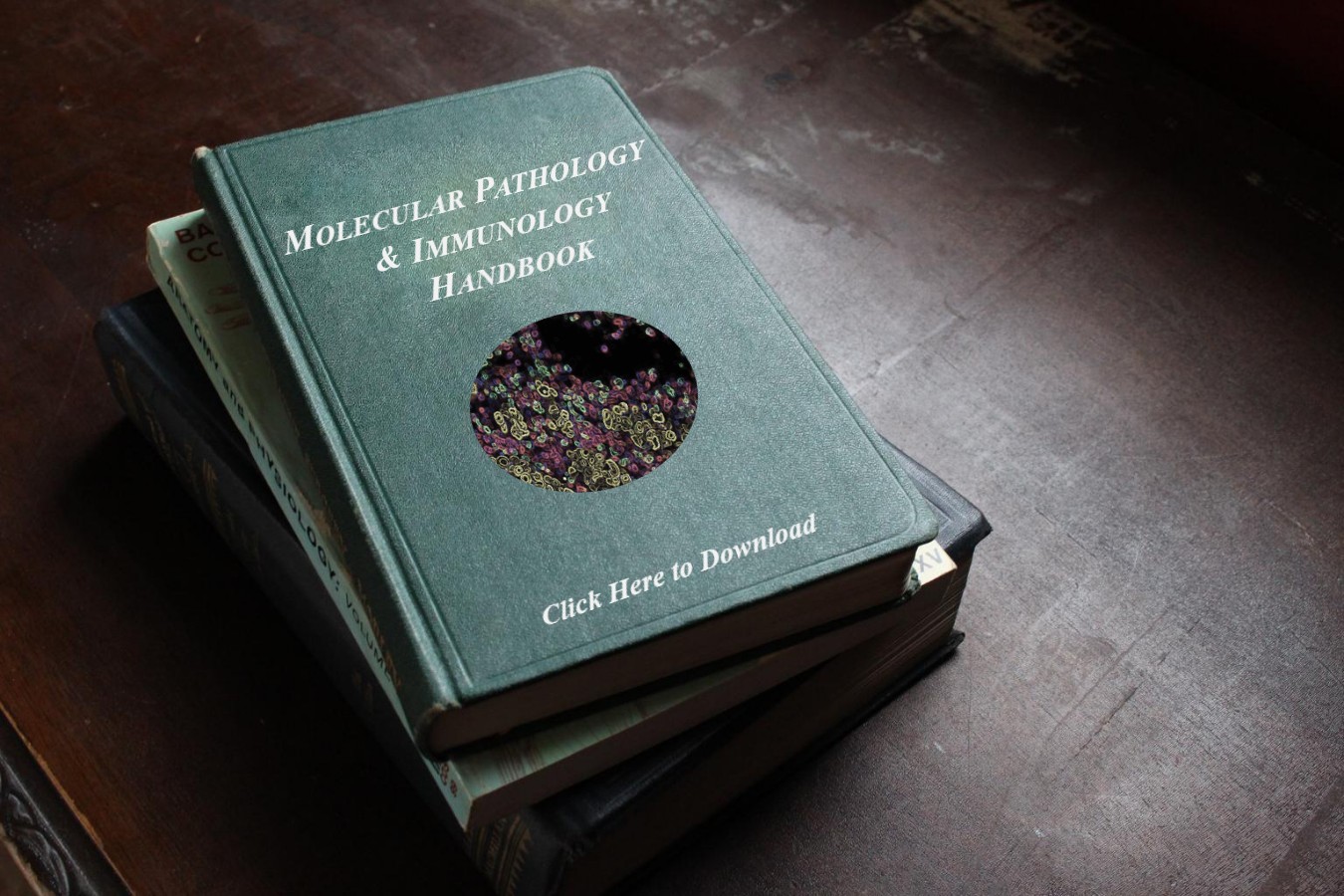The graduate program leading to a PhD in Molecular Pathology and Immunology provides training in biochemical, cell and molecular biological research designed to elucidate the fundamental mechanisms of human disease processes. Graduate study in this area offers students the opportunity to integrate principles of molecular genetics, cell biology, biochemistry and immunology into research relevant to improving the quality of life through the discovery of new avenues of treatment of disease.
The breadth of the MPI program provides students with a diverse choice of subjects for dissertation research and fields of training for future careers as independent, biomedical research scientists. Students primarily interested in the biochemistry and molecular biology of microbes such as bacteria and viruses, including immunology and pathology associated with microbial-host interactions are encouraged to review training in our sister program, Microbial-Host Interaction (MHI).
-
Students join the MPI program after completion of their first year of graduate study in biomedical sciences at Vanderbilt. Admission is through the Interdisciplinary Graduate Program (IGP) or the Quantitative and Chemical Biology Program (QCB), or completion of 1-2 years of coursework in the Medical Scientist Training Program (MSTP). Information about admissions to each of these programs is available online. During this first year in one of these feeder programs, students take a core curriculum preparing them for advanced graduate work. During the first year, students also undertake rotations in a number of laboratories to gain first-hand experience to help students choose the laboratory they will join to conduct their dissertation research. At the end of the first year, students choose a department and a preceptor. Students electing to join the Molecular Pathology and Immunology program will generally complete their course work during their first year in the MPI program. More specifics of the Molecular Pathology and Immunology program are contained in the Molecular Pathology and Immunology Graduate Handbook.
-
All Vanderbilt PhD students must complete 24 didactic (Lecture coursework) hours and maintain a 3.0 or better GPA in order to take the Ph.D. Qualifying Exam. Passing the Qualifying Exam is the final step in being admitted to continue research towards receiving a Ph.D. Students must complete a total of 72 credit hours (including the 24 didactic hours) through coursework or research credits before being allowed to defend their dissertation research and receive the Ph.D. degree. The MPI program requires students to take a minimum of required courses. These are usually taken during the students second graduate year (first year in the MPI program).
Required Courses
Summer Year 1
Foundations in Microbiology and Immunology I
(Taken in Summer, following Bioregulations Course. Although students are strongly encouraged to take this course, a student who feels their education would be better served by substituting a different course, may present their revised education plan to the DGS requesting a waver of the Foundations in Microbiology and Immunology requirement. The course is not required for students entering via the MSTP, since they receive equivalent training in their M1 year.)
The objective of this course is to familiarize learners with core concepts in pathology, immunology, microbiology, and virology.Fall Semester Year 2
Seminar in Experimental Pathology or Immunology (Journal Club)
This course teaches students to critically read and evaluate the scientific literature through weekly presentations and discussion of cutting edge research papers. Two sessions are offered each week, one that primarily highlights Pathophysiology and one focused on Immunology. Students choose which Journal Club to attend.Choose one of the following two core courses:
Cellular and Molecular Basis of Disease I
Introduces students to the basic mechanism underlying most disease processes using examples of human diseases.Foundations of Immunology
Introduces the immune system and explores the role of immunity in health and disease.Students must choose one additional elective course. The elective course can be the other of the two courses above or a completely separate course offered by any Vanderbilt Biomedical Graduate program.
Spring Semester Year 3
Current Topics in Experimental Pathology (Journal Club)
This course continues the student’s education in critically reading and evaluating the scientific literature through weekly presentations and discussion of cutting edge research papers. Two sessions are offered each week, one that primarily highlights Pathophysiology and one focused on Immunology. Students choose which Journal Club to attend.Research Proposals: Preparation & Critical Review
This course offers didactic sessions in which the process of preparing and reviewing grant applications is discussed. Each student will write a grant application using the NRSA format for postdoctoral fellowships and have their work critiqued and graded.Special Topics in Molecular Pathogenesis
This course consists of a number of mini-modular (2 week long) topics covering various aspects of immunology, pathology and host-pathogen interactions. This allows students to specifically tailor the course to their needs. Each module is worth ½ credit. Students are expected to take at least 4 modules.Each Semester
Research
- Non-Candidate Research (research prior to entering into candidacy)
- Candidate Research (research after entering into candidacy)
In addition, each year students in the Molecular Pathology and Immunology Graduate Program are expected to regularly attend and present in the Molecular Pathogenesis Trainee (MPT) sessions. During these sessions, selected students present updates on their research projects for discussion. After their second year, students are expected to regularly attend the weekly Journal Club sessions in either Immunology or Molecular Pathology.


